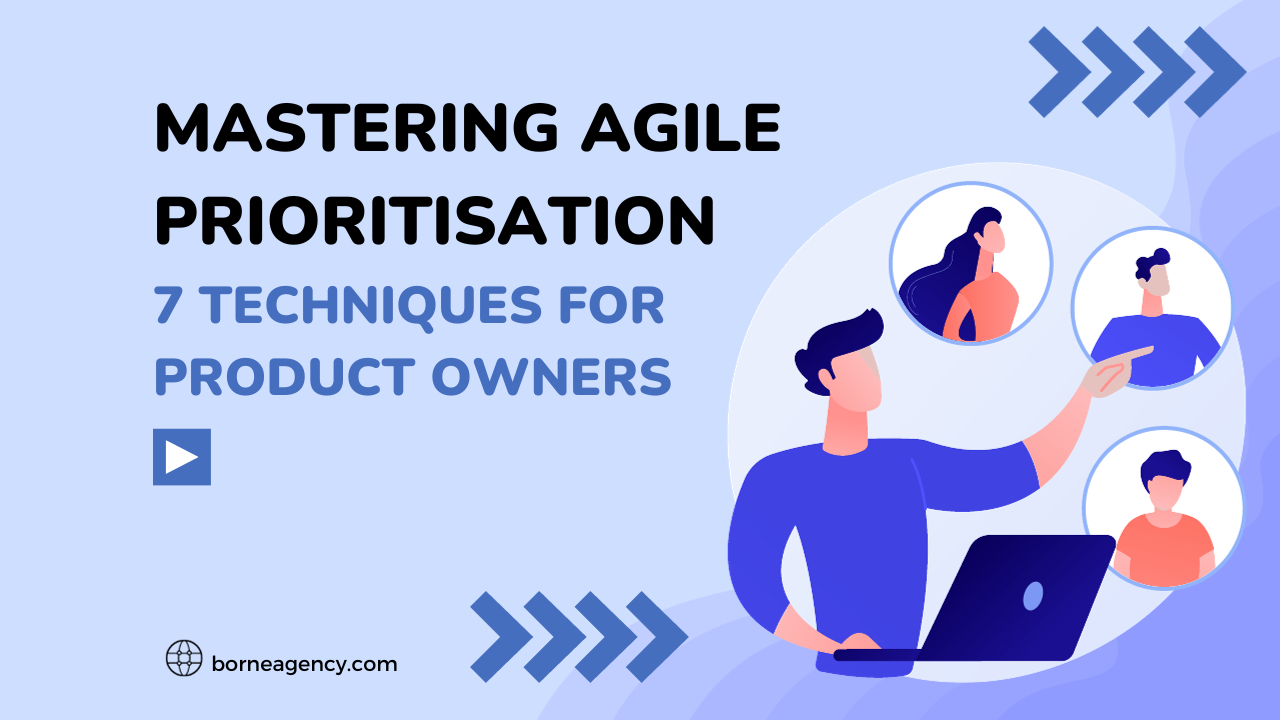Sep 05 - 6min readUsing No Code Solutions to Validate Your MVPBy Launchbase
Picture this: you have a great idea for a software-as-a-service (SaaS) product. Founding a startup is one of the next steps, followed by releasing a minimum viable product (MVP) to test the product-market fit and validate your idea. But what about coding and building? Those two stages can be costly and time-consuming. Using a no code solution can sometimes help manage the process. We look at how this can be an option for startups before approaching a development shop like us to build out their tech stack properly.
From a Big Idea to An MVP
Most startup success stories begin with a big idea. Someone recognizes a problem or something that could be done better and develops a solution for it. In a nutshell, that is what the likes of PayPal, Netflix, and Wise did.
PayPal and Wise changed the way consumers and businesses pay for products and services. Netflix and other streaming services not only gave cable TV a run for its money. They became major content producers in the process.
Those products and services have several things in common:
- They are based on software applications.
- They started small and then grew the range of services they provided.
The latter is typical for an MVP, a minimum viable product. Even though a startup may be based on a big idea, creating an MVP is an excellent first step to validate the concept. Think of it as a scaled-back version of the big idea. MVPs allow you to check whether customers are ready to purchase your product.
One way of validating an MVP would be to simply sell the idea and monitor reactions. Are customers ready to invest in the idea even before a product exists? That would be an indicator that your product or service is viable. The goal is to test the viability of the product before you and your investors commit fully.
The Importance of MVPs for Tech Startups
According to the statistics website Statista, North America remains a hotbed of startup activity. If the goal of founding a company is to create a so-called unicorn, a company with a valuation of one billion dollars or more, then the region is succeeding.
Alongside China, the U.S. is home to the world’s highest-valued unicorns. China continues to lead the global startup scene in terms of valuations. However, the United States is home to a larger number of highly valued early-stage companies. Because of their sheer number, these businesses are an economic force.
United States-based tech startups created three million new jobs in 2021 alone. Becoming part of the team of an early-stage company can be an exciting career move, but it is also risky. On average, less than 50% of all new businesses make it to their fifth year. The reasons businesses fail can vary widely.
For the past two years, economic complications caused by the coronavirus led to operational difficulties for businesses of all ages. Tech startups had an opportunity to weather the storm because many are suited to remote operations. However, new businesses without an established customer base or time to accumulate financial reserves struggled to support their operations, teams, and overall companies.
Although the pandemic seems to be receding globally, the first few years of a startup business continue to be precarious. Nearly four out of ten startups fail in their first few years because they run out of cash or fail to raise venture capital. The second-biggest reason for startups to fail is launching a product for which there is no market need. Fourth in line is a flawed business model.
Testing the startup’s products and services with the help of an MVP is one way to avoid launching an unwanted product. MVPs also help check whether a company’s business model is valid. In short, MVPs can prevent the failure of a business.
Creating a Tech MVP
Launching a SaaS product inevitably involves coding work. Coding can be both expensive and time-consuming, often to the point where it becomes impossible for the startup to focus on the full product and launch an MVP.
Building tech solutions requires attention to detail and specialist skills. It takes time and effort, which can lead to substantial waste if the product turns out not to be viable. At the same time, many tech solutions utilize similar building blocks. Dashboards and sign-up forms are just two examples of tools many MVPs need.
That is where no code solutions can be a game-changer for tech startups. Tools like https://bubble.io/ allow founders to validate their concepts quickly and affordably. As a result, your digital startup company can be up and running quickly and on more solid foundations. Rather than assuming that the product will find a market, you can test one or more MVP iterations on real potential customers.
What No Code Solutions Can Help You Do
No code platforms allow tech startups to bypass the slow, costly phase of coding for a digital product. Rather than spending weeks or months developing a smaller version of their big idea, they can create an MVP within hours.
Platforms allow founders to prototype a product, launch it, iterate the original version, and scale once the product has been released.
- Prototyping allows founders to demonstrate their idea to potential investors. Before having to fund costly programming and coding, as well as invest in technical resources, no code solutions bring a product to life.
- Do you want to launch your product now? No code solutions have the power to build a customer-facing solution using your branding. You will also have access to industry-leading behind-the-scenes tools giving you the functionality you need.
- The iteration of products is a normal part of tech startup life and product development. Even with the most detailed planning, it is impossible to foresee every potential improvement. That is why most SaaS products go through regular iterations and updates. No code solutions allow founders to invite all team members to make changes. There is no need to bring in developers for a simple update.
- As a startup is gaining traction, many founders struggle to upgrade their IT infrastructure in time to take advantage of the company’s growth potential. Upgrading infrastructure is costly, and these upgrades are often required at a time when startups are struggling with cash flow. Using a no code platform enables scaling and growth without infrastructure worries.
Which Types of Businesses Can Use No Code Solutions?
No two businesses are exactly alike. However, when it comes to creating an MVP for a tech startup, many business ideas rely on the same building blocks. Strong, reliable no code solutions accommodate those building blocks but leave users to customize their user experience.
No code solutions work well for these businesses:
- Social media platforms
- Dashboards for data management
- Marketplaces
- SaaS applications
- Customer relationship management (CRM) tools
- And more
Relying on a platform for an MVP does not mean that the products need to look alike. Leading platforms allow founders to put the finishing touches on their MVP’s design. The platform supplies visual elements like buttons, icons, and video, but users choose how to arrange them. Arranging is as simple as dragging and dropping elements across a screen.
Plus, for those with coding experience, there are options to include original HTML code. Adding customized code to the platform’s building blocks allows you to tailor your MVP exactly to your customers’ needs. No code solutions also allow founders to include dynamic content or user-generated elements.
What About the Technology Behind the MVP’s Surface?
Customized design is only one part of developing an MVP. The technology and infrastructure behind the product are equally, if not more important.
No code solutions help your startup launch a secure product that protects customer data and puts privacy first. Secure infrastructure includes regular testing for vulnerabilities, ensures compliance with ISO and other standards as well as providing data recovery.
Testing changes before launching them live is part of a normal development process, and no code solutions are no different. Users have access to a private testing environment that allows them to iterate and merge changes with the existing product. As an owner, you need these features to avoid serious snagging problems.
Startup growth and business success require scaling. For tech startups, that means allocating additional server space quickly as you gain more customers. Using a no code platform makes the transition from MVP or demonstration to a fully grown product easy. You simply boost your capacity as opposed to making complicated technical changes.
Measuring customer success and tracking usage as well as customer behavior are critical to developing products customers love. No code solutions give founders access to a wide range of detailed data and analytical tools, allowing them to evaluate usage and iterate their product accordingly.
Final Thoughts
No code solutions are ideal for tech startups that need to launch an MVP quickly and cost-effectively. MVPs are among the most powerful tools to validate product ideas and concepts. Without them, startup founders are in danger of launching products or services that are unlikely to be successful. Validating your MVP through a no code solution can secure the future of a tech startup.




